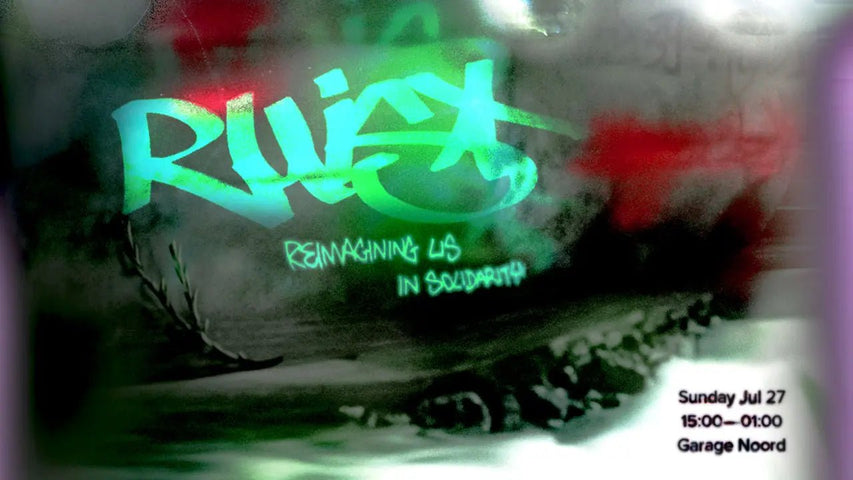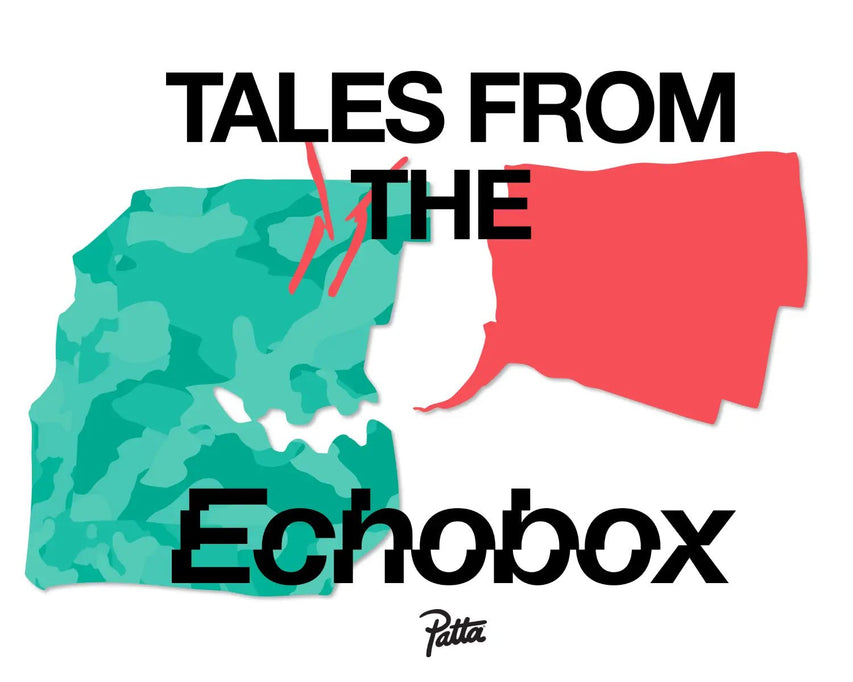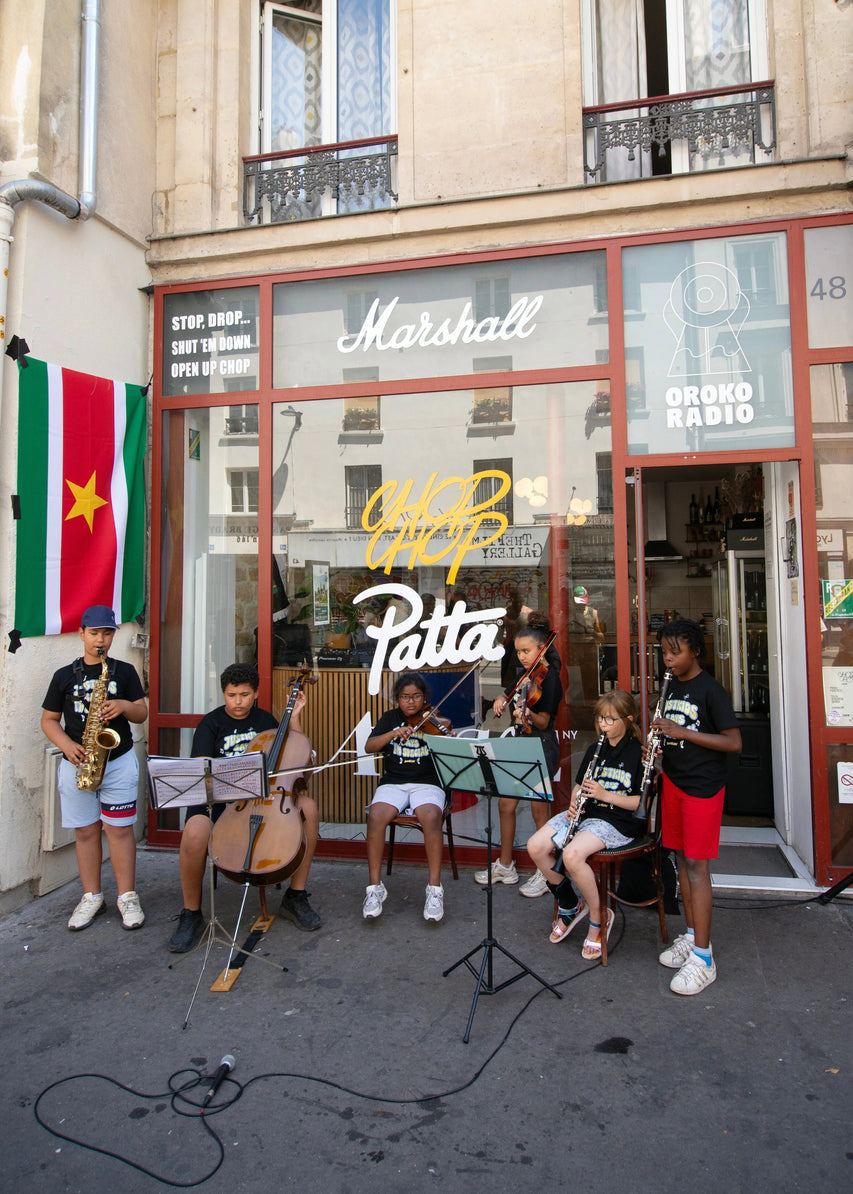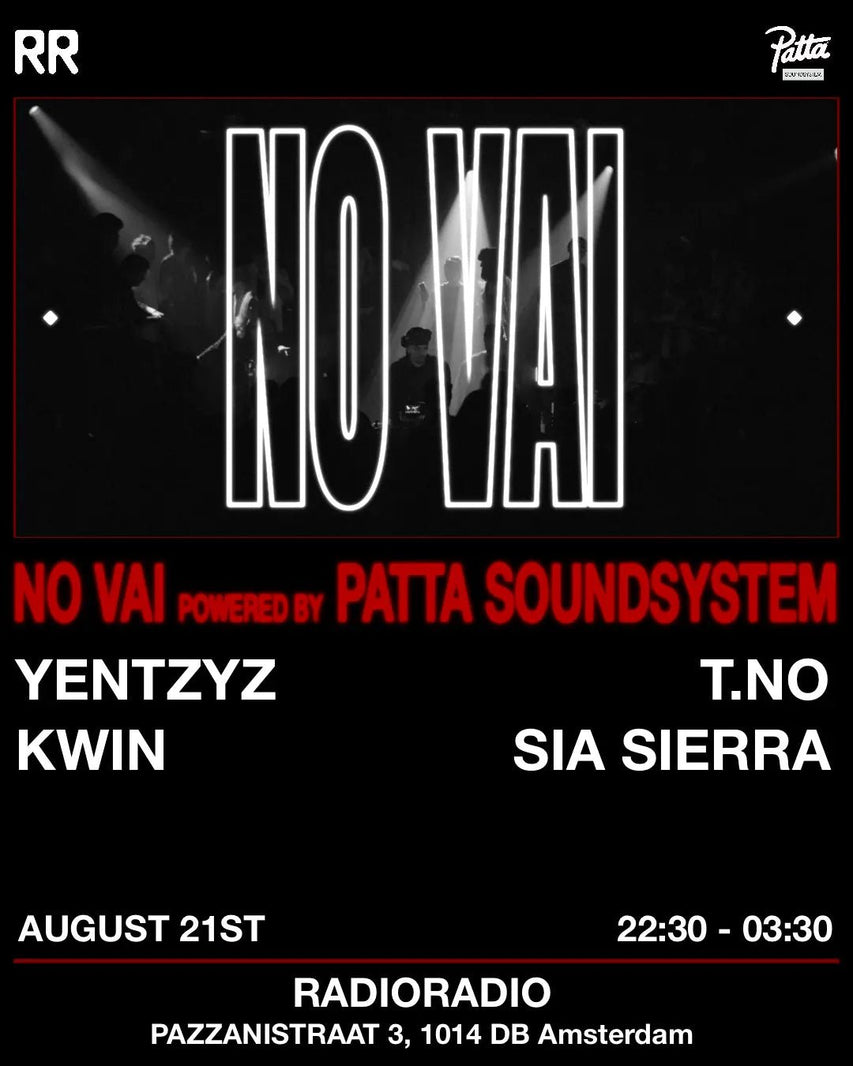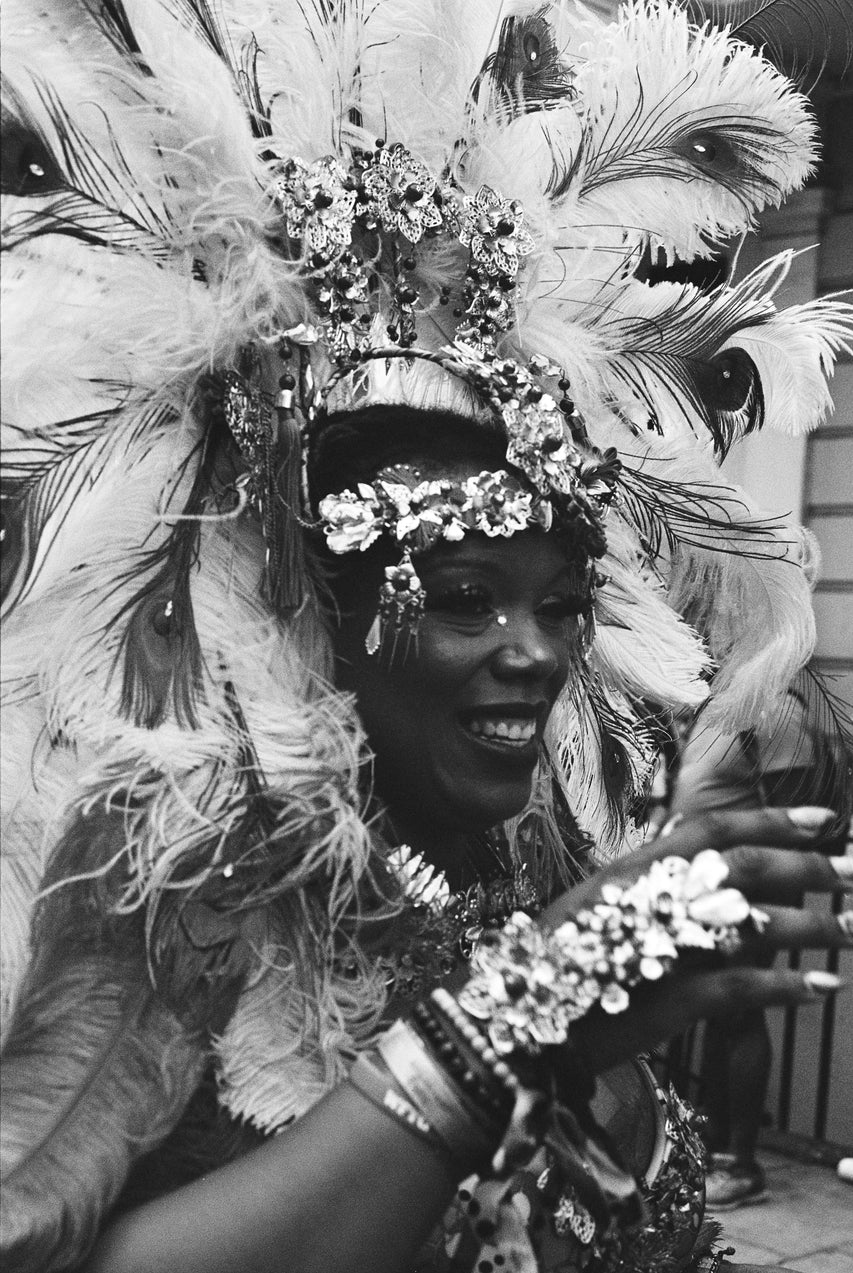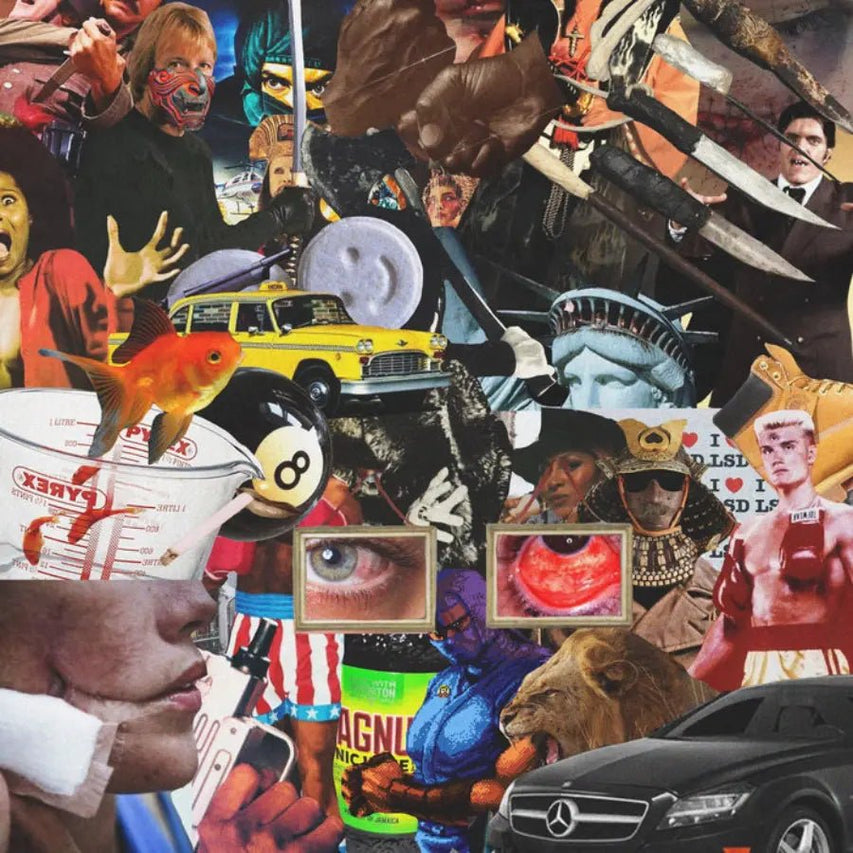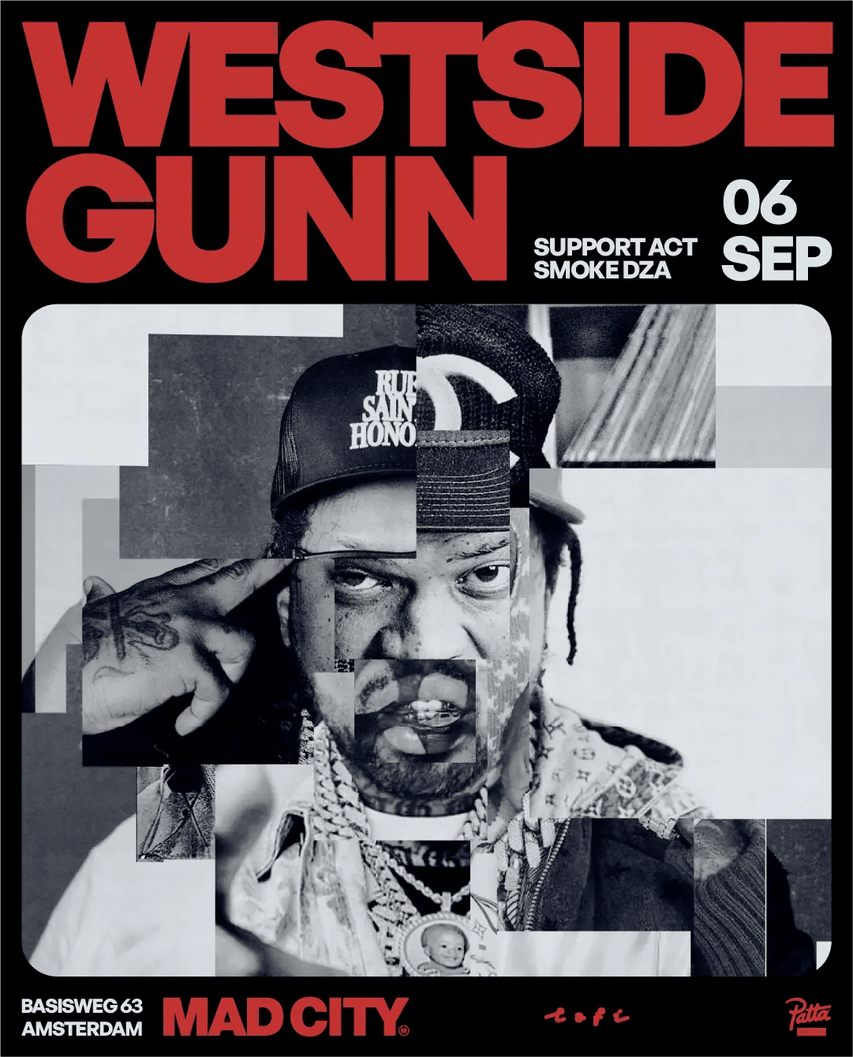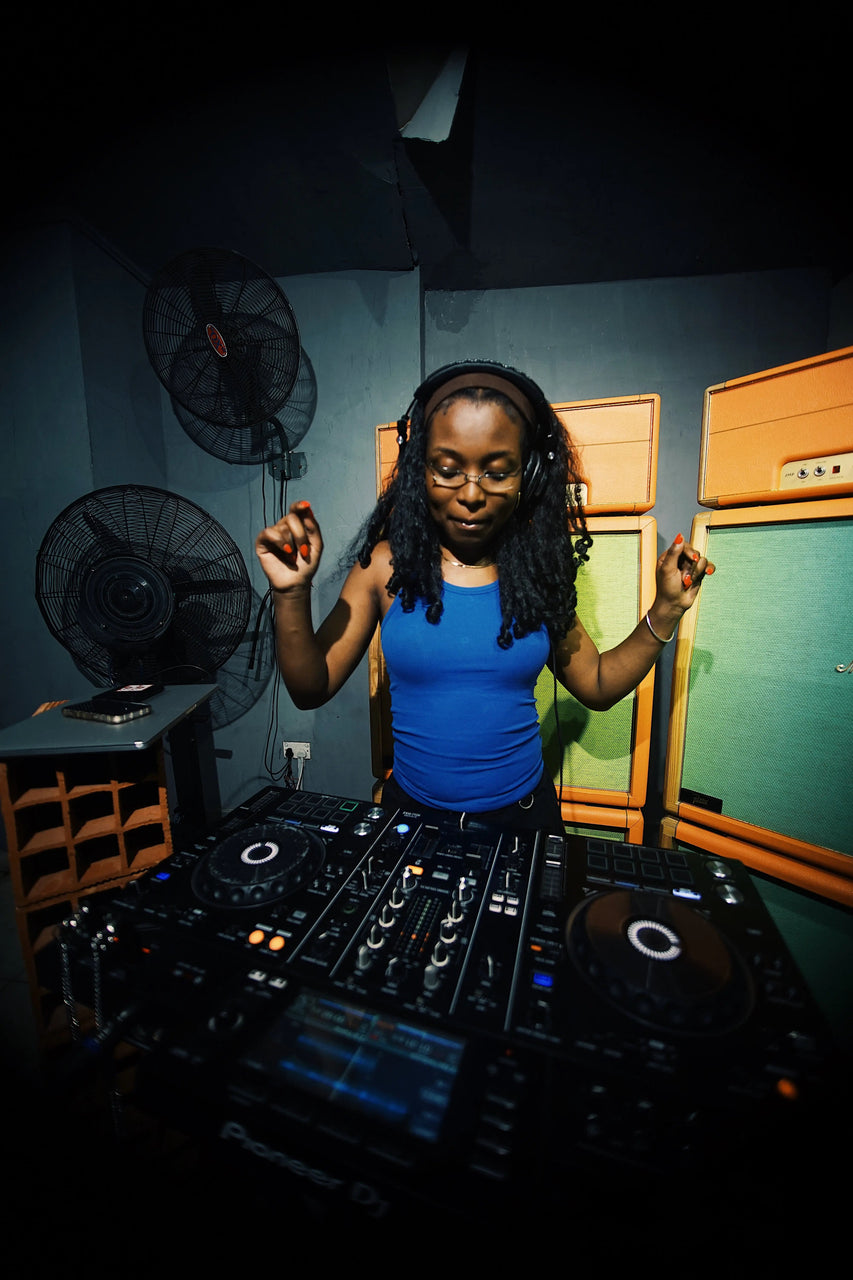
Get Familiar: Pongo
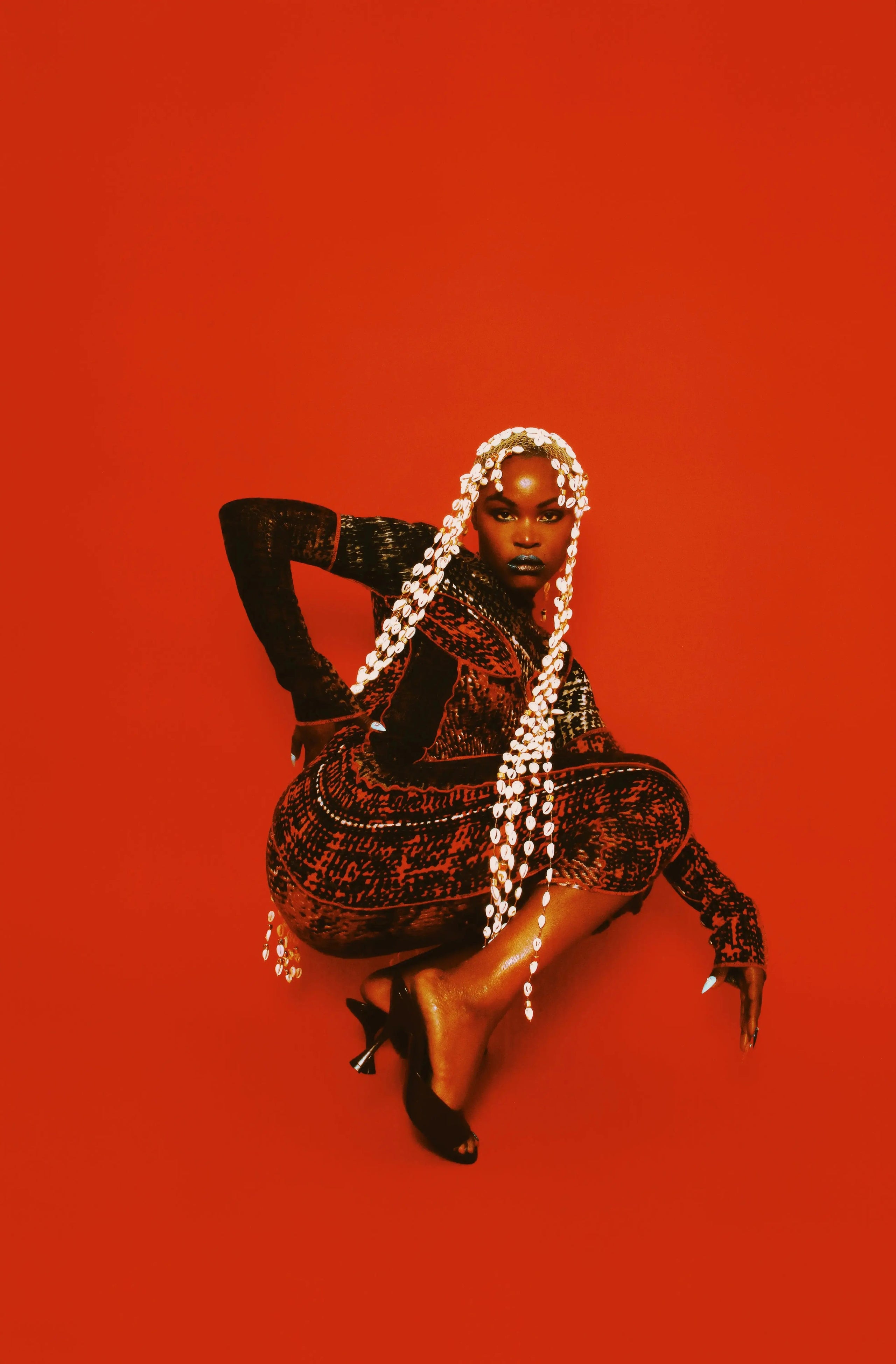
Photography by Axel Joseph | Interview by Passion Dzenga
From the streets of Luanda to the global stage, Pongo has turned movement into meaning. Once known as “M’Pongo Love,” a name given to her by her father during her recovery, she has carried that strength into a career defined by resilience, rhythm, and reinvention. As one of the most distinctive voices in Kuduro, Pongo embodies the duality of survival and celebration — transforming her personal story into an unstoppable force of sound and identity.
In this conversation, she reflects on her journey from the train stations of Lisbon to international fame with Buraka Som Sistema, the creation of the anthemic “Kalemba (Wegue Wegue),” and the lessons learned about ownership, artistry, and self-worth. Speaking candidly about healing, independence, and the evolution of Kuduro, Pongo reveals how she’s balancing her Angolan roots with a global vision — and why her mission now is to inspire a new generation to move, dream, and express themselves unapologetically.

Your father nicknamed you M’Pongo Love during your recovery. Do you feel that name and the story behind it still echoes in your identity as Pongo today?
Partly, yes. Today I also identify with the strength of the artist M’Pongo Love. She deeply inspires me — not only through her resilience, but through her independence. She even created her own record label later in her career, and that motivates me to keep working toward having my own label one day too.
Can you take me back to the moment you first saw Denon Squad performing on the street? What did that spark inside you?
At the time, I used to make that journey twice a week, and I was always curious to see Denon Squad performing at the train station. On my way to physiotherapy, they would be dancing and singing Kuduro, and from the very first time I saw them, something powerful awoke inside me — a strong sense of belonging and identity.
When you first began dancing and rapping, did you see it as escape, empowerment, or both?
Both. I was already dancing at family events — it was always a competition between the kids! I also took part in neighborhood dance battles back in Angola. When I moved to Portugal, I started rapping in my teenage years, so for me, it was all connected: an escape from the challenges of growing up, and a source of empowerment from the very beginning.
At just 16, you went from performing with friends in the street to sharing stages with Buraka Som Sistema. What was that transition like for you?
When I joined Denon Squad, I was just a dancer. I ended up participating in a song they were recording, and that track was later shared with Buraka Som Sistema. That’s how they reached out to me — and for me, it felt surreal. Everything happened so fast.
“Kalemba (Wegue Wegue)” became a global hit almost overnight. Did you realize, when you wrote it, how much impact it would have?
Honestly, no. The entire composition of Kalemba (Wegue Wegue) was deeply personal for me. It was rooted in my story — in the way my parents, as immigrants in Portugal, kept our Angolan culture alive in our daily lives. The global impact was something I only realized later. Seeing the song cross borders and connect people around the world was a huge surprise, but also a confirmation that when art comes from an honest place, it finds its way. Kalemba was exactly that — a spontaneous celebration that grew into something much bigger than I ever imagined.
Leaving Buraka Som Sistema must have been difficult. Looking back, what lessons did that chapter teach you about ownership and self-worth in the music industry?
I didn’t choose to leave Buraka — the group made that decision for me. And because of that, I decided not to return. It was one of the hardest decisions I’ve ever made. That project wasn’t just about music; it was a movement, a community, a family. Over time, though, I realized that even as we were breaking sonic and cultural boundaries, I already had a strong sense of control over my creative identity — especially within Kuduro. That experience taught me that if you don’t define your role and your value from the start, someone else will do it for you. Since then, I’ve become much more intentional about understanding contracts, royalties, and the business side of art. But most importantly, I learned that self-worth isn’t tied to the size of the platform or the volume of applause. Sometimes, stepping away is the most powerful thing you can do — especially when it means choosing yourself, your voice, and your future.
Kuduro has often been misunderstood or pigeonholed in Europe. How do you describe it, and what makes it so powerful to you?
For me, Kuduro is much more than a musical style — it’s an expression of resistance, energy, and identity. It was born on the streets of Angola as a form of liberation, driven by the Kazukuta and Hip-Hop cultural movement. Its force comes from both body and soul. What makes it powerful is its ability to bring people together — to turn pain into dance, and to tell stories that come from our African roots.
Your work brings in influences from Angola, Portugal, and global club culture. How do you balance honoring tradition with pushing boundaries?
For me, tradition and innovation are not opposites — they walk side by side and strengthen each other. Honoring tradition means keeping the spirit and truth of Kuduro alive, but it’s also about experimenting, mixing sounds, and taking that energy into new spaces.

You often sing in Kimbundu and Portuguese. How important is it for you to weave language and cultural identity into your music?
Language carries memory, history, and emotion. By weaving it into my music, I invite listeners into my cultural universe. It’s my way of saying that our languages belong in contemporary music — and that we can stay true to ourselves even when we’re speaking to the whole world.
After everything you’ve lived through, do you see music more as a form of survival or a celebration?
For me, music is both survival and celebration. It’s still my refuge during difficult times and gives me strength when I feel like giving up. But it’s also joy, freedom, and celebration. Each song is a way of honoring what I’ve been through while celebrating who I am and who I’m still becoming.
Mental health and trauma are often taboo topics in immigrant communities. How have you learned to process yours, and does that healing appear in your songs?
It’s true — talking about mental health and trauma is still taboo in many communities, not only among immigrants. In my case, I had to find the courage to look inward, to face my pain, and to transform it into art. Music became a space for healing. When I write and sing, I’m often processing those wounds, and I believe that energy reaches the people who listen.
Winning the Music Moves Europe Talent Award in 2020 was huge. Did that feel like recognition not only for you, but for Kuduro as a whole?
Winning that award was a huge milestone. It wasn’t just personal recognition — it felt like recognition for Kuduro and for Angolan culture. I was proud to represent that collective strength and show that our music belongs on the global stage.
Your EPs Baia and Uwa felt like bold statements of independence. How do they differ in terms of your personal journey?
Baia was a cry for independence — a moment where I affirmed my voice and said, “I have my own path.” Uwa is more mature and introspective; it speaks about healing, ancestry, and rebirth. Together, they trace my evolution — from liberation to deeper self-discovery and creative vision.
Kuduro is now inspiring younger generations globally. Do you feel a responsibility to guide where it goes next?
Yes, I do — and I carry that responsibility with love. Kuduro is a living movement, and seeing it inspire younger generations is beautiful. I want to help show that it can grow without losing its roots — that it can speak to the world while staying authentic. I see myself as a bridge between the past and the future, inspiring others to respect where Kuduro comes from while exploring where it can go.
If a young Angolan girl living in Lisbon listens to your music, what do you hope she feels?
I hope she feels seen and represented. I want her to know that her voice matters — that her origins are something to be proud of — and that she can achieve anything without ever having to apologize for who she is. I want her to feel pride, strength, and freedom, and to know that she belongs, just as she is.
Finally — what’s next for Pongo? Where do you want this journey to take you in the coming years?
What comes next is growth — exploring new sounds, collaborating with artists from different parts of the world, and bringing Kuduro to spaces it’s never reached before. I want this journey to be long and full of discovery. Most of all, I want to keep telling real stories — my own, those of my people, and those of the world — and continue inspiring others to do the same.

Don’t miss it! During Amsterdam Dance Event, Pongo brings her explosive blend of Kuduro, Afrofunk, and global club energy to Paradiso for an unforgettable live show full of rhythm, power, and freedom. Expect pure adrenaline, unstoppable movement, and a performance as visually striking as it is emotional. Experience the voice of a new Kuduro generation live — get your tickets now for Pongo at Paradiso during ADE!


